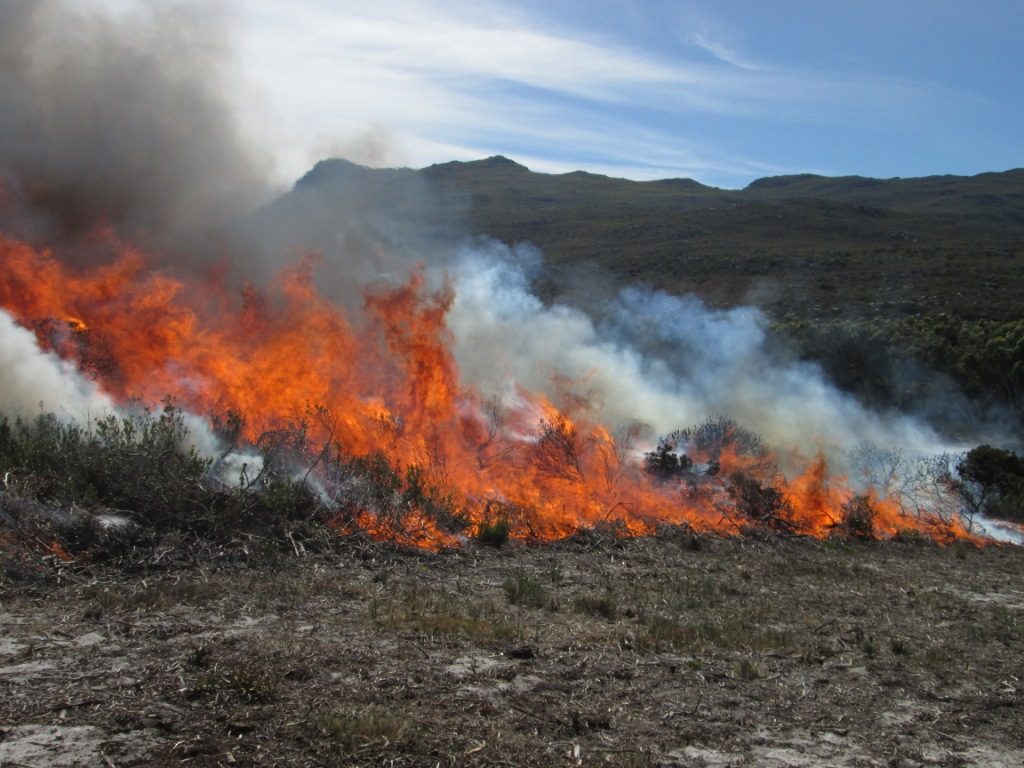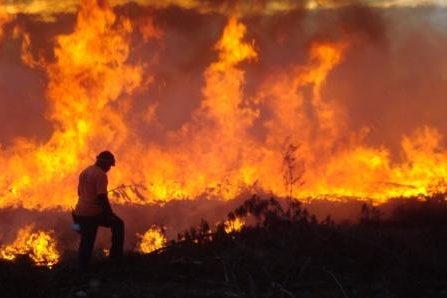Prescribed Burn to Minimize Wildfires
Reserve Environmental Education Officer Laurenda Van Breda says, “The section in question has not burnt in almost 40 years.”
Safety measures will be in place
Van Breda added, “Last year’s attempts were unsuccessful due to unfavourable weather conditions.”
Any concerns or questions
The following excerpt is from the website of the Cape Peninsula Fire Protection Association:
The Cape Peninsula Fire Protection Association (CPFPA) was formed in 2002 to coordinate firefighting activities on the Cape Peninsula mountain chain. The peninsula forms part of the Cape Floral Kingdom, which comprises the unique fynbos biome.
Cape Floral Kingdom
Although limited in area this kingdom has been declared one of the earth’s 6 plant kingdoms.

There are over 8700 plant species, many of which are endemic. A high proportion is threatened by urban encroachment. It’s an ongoing challenge to preserve our heritage.
READ MORE: Previous controlled burns
Fynbos thrives in the winter rainfall climate of the south Western Cape. It is both fire-prone and fire-dependent. Studies have shown that the fynbos tracts need to burn in cycles of around 12 to 20 years to maintain the species. This vital factor underlies the rationale of the CPFPA.


